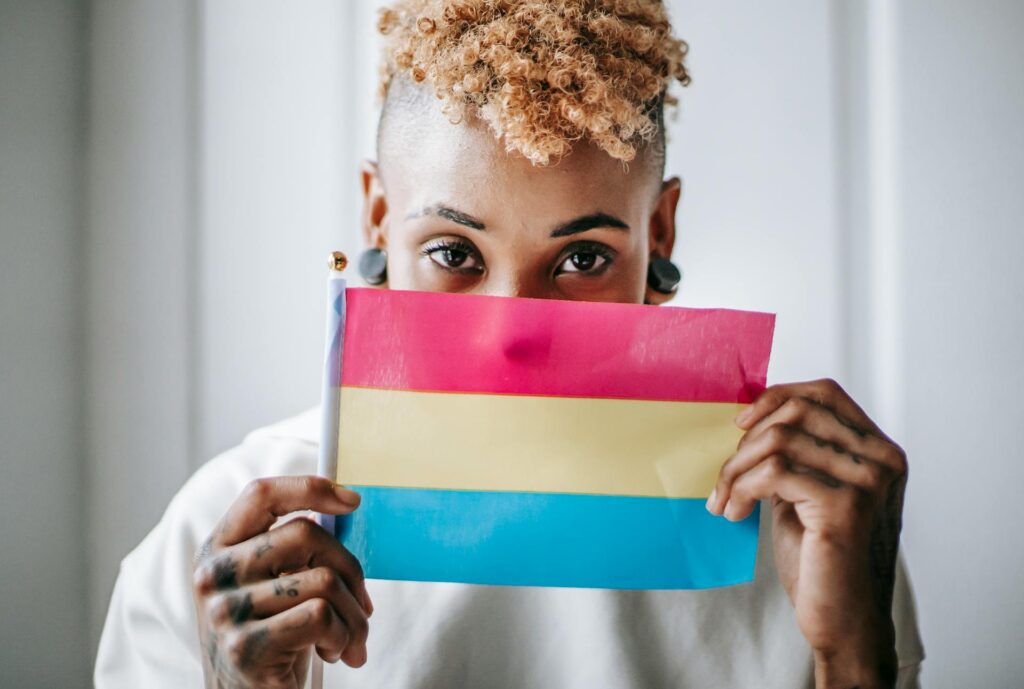Find a therapist who can provide affirming and culturally competent therapy to address the unique stressors, discrimination, and identity-related concerns experienced by people who identify as LGBTQI; one who can implement an intersectional approach and advocate for social change.


LGBTQI aware therapy, also known as LGBTQI affirmative therapy or LGBTQI-inclusive therapy, is a specialised form of counselling or psychotherapy that respects and addresses the unique needs and experiences of individuals who identify as lesbian, gay, bisexual, transgender, queer, questioning, or intersex (LGBTQI). Therapists who offer LGBTQI aware therapy undergo training to understand the complexities of gender and sexual diversity and to create a safe and affirming space for clients to explore their identities, navigate challenges, and work towards personal growth and well-being.
Effective therapeutic support for those who identify as LGBTQI+ involves providing access to therapists who are knowledgeable and affirming of all identities and experiences. These therapists offer a non-judgmental and supportive environment where clients can explore issues such as identity development, coming out, discrimination, relationship dynamics, and mental health concerns. A practitioner offering support in this way may have lived experience as an LGBTQI person, received specific training for LGBTQI-related challenges, and may practice any form of counselling or psychotherapy.
It may take some exploration and open communication with potential therapists to discover the approach and therapist that aligns best with your needs and preferences. Trusting your instincts and being patient with yourself throughout this process can help alleviate some of the overwhelm and lead to a smoother therapeutic journey. If you are interested in therapy to assist you in improving your life quality, It's Complicated operates in nearly 100 languages, offering both online and in-person sessions. With a diverse network of over 1,500 mental health professionals spanning 80+ countries, you can easily connect with accredited psychologists who can support you.


